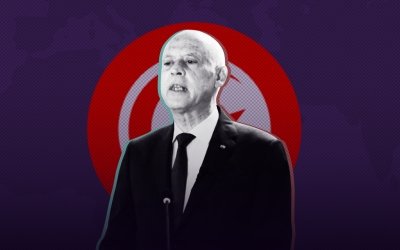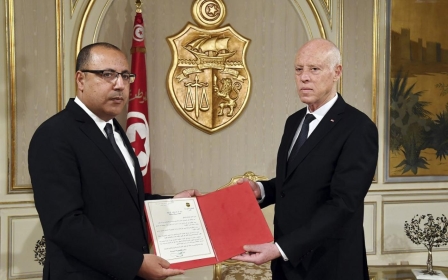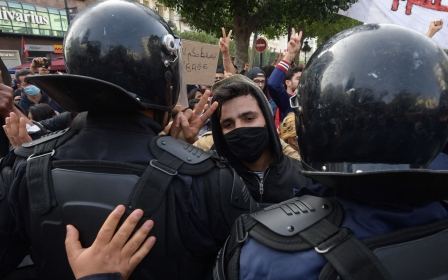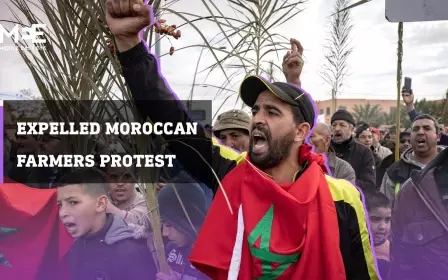US denies funding Tunisian President Kais Saied's 2019 election campaign
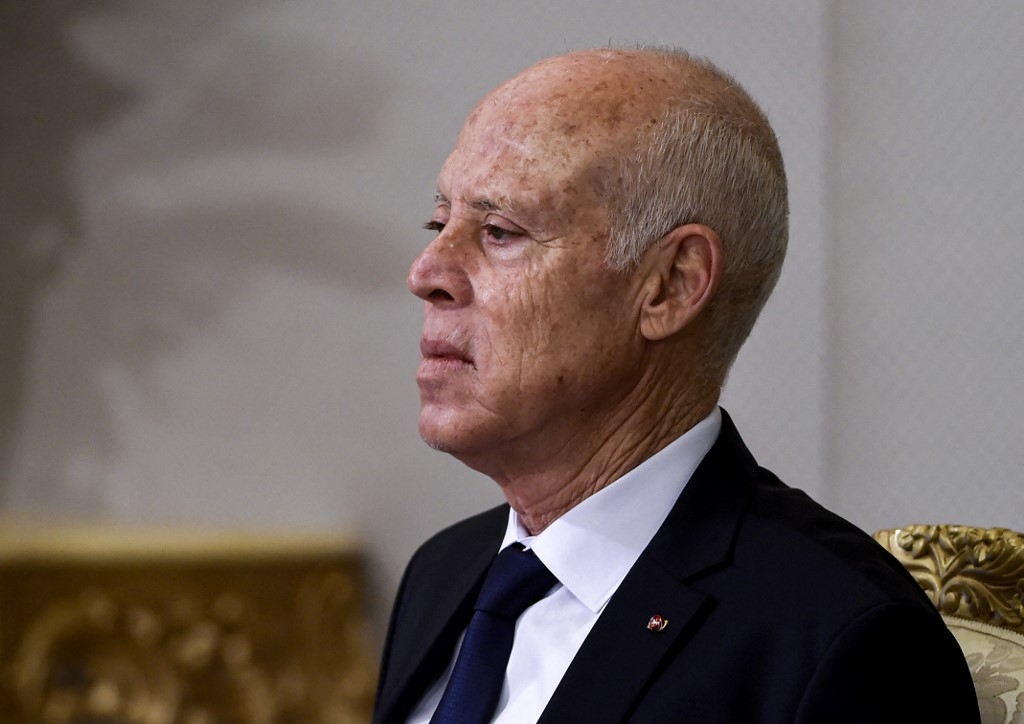
The United States has denied financing Tunisian President Kais Saied's election campaign in 2019, following claims from an opposition parliamentarian against the backdrop of a political crisis in the North African country.
"The US Government did not provide funding to President Kais Saied's presidential campaign. The United States reaffirms its respect for the integrity and sovereignty of Tunisian democracy," the US embassy in Tunis tweeted on Wednesday.
Middle East Eye reached out to the State Department, which said it did not have a comment on the matter.
Rached Khiari, a member of the Tunisian parliament, had alleged on social media on Monday that Saied received $5 million from the CIA for his election bid through his campaign director, Faouzi Daas.
New MEE newsletter: Jerusalem Dispatch
Sign up to get the latest insights and analysis on Israel-Palestine, alongside Turkey Unpacked and other MEE newsletters
He claimed that the funds were given to Daas by a US intelligence operative and that the president's brother, Naoufel Saied, was informed by Washington that his sibling had won a day before the poll.
Tunisia's military court opened an investigation into the allegations on Tuesday, and Daas announced later that day that he would sue Khiari over the claims.
Khiari is aligned with the Islamist movement Karama, which is part of the country's governing coalition that includes the Ennahdha party.
In 2019, Saied won Tunisia's second presidential election since the Arab Spring in a landslide with more than 70 percent of the popular vote.
But in recent months the president has met with opposition after refusing to approve a cabinet reshuffle that would dismiss ministers close to him, including the interior minister, Taoufik Charfeddine.
He has also come under heavy fire this week after he claimed his control of the military extended to internal security forces.
After the move, he was accused by opposition politicians of launching a "soft coup" and of "violating the constitution".
Middle East Eye delivers independent and unrivalled coverage and analysis of the Middle East, North Africa and beyond. To learn more about republishing this content and the associated fees, please fill out this form. More about MEE can be found here.


